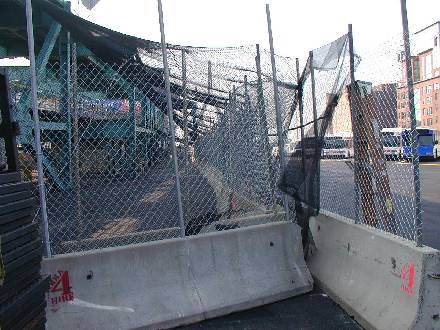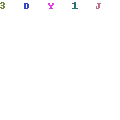 |
| Source: http://i.imgur.com/5RrWm.png |
This prediction is now getting a lot closer to reality, as outlined in the following article on Techdirt:
DPI Firms Trying to Turn Net Neutrality Satire Into Reality.
The basic idea is that your Internet and wireless providers would like to monitor everything you do online, and charge you extra every time you view a page on Facebook, watch a Youtube video, or stream a movie from Netflix.
This is a bad idea. Most people realize this type of coercive monopoly, bundling and tying are anti-competitive maneuvers that are sure to run afoul of competition law, provided the government hasn't completely sold out to Big Corp.
Indeed the FCC is set to vote on December 21st on guidelines to protect Net Neutrality (the notion that your Internet Service Provider shouldn't be able to block certain websites while giving preferential treatment to their own products and services). Their proposal has drawn criticism from all sides, however, and comes with some caveats, particularly exemptions for mobile service providers. Even the UN is setting up a committee on Internet governance. They've decided that only governments can have a seat on this committee, a decision that Google reasonably rejects.
So as this plays out, here's a new prediction:
"Dumb Is the New Smart".
Wireline and wireless carriers have a responsibility to deliver packets from a sender to a receiver in the same way that a mail carrier delivers letters. The measure of a carrier, snail-mail, electronic, wireless or otherwise, should be how reliably, efficiently, impartially and cost-effectively they deliver the goods.
This type of discriminatory "channelization" is going to be a hard sell. Carriers who choose to go down this path will find themselves at a competitive disadvantage to those who continue to offer unfettered Internet access. In a competitive landscape defined by greedy nickle-and-dime service offerings and anti-competitive favoritism, the companies that come out waving a banner that says "We're A Dumb Pipe And Proud Of It!" are going to get the most customers.
The reason is that all the complaints carriers are making about the costs of carrying all that bandwidth is mostly BS. There's lots of dark fiber in the ground - the bottleneck is the last mile. The only reason they're getting up to these shenanigans is because its a money grab, and they think they're in a position to abuse their network monopoly.
In the next year or so watch for service providers to start offering net neutrality - unmonitored, unregulated open access - as a competitive differentiator, regardless of whether or not their competitors have erected Internet toll booths. See for example this page touting unlimited mobile browsing. The bottom line is that once you've offered something to customers, it's very difficult to claw it back and try to slap a bunch of limitations on it.
The way forward for carriers is not through taking fair and open service and imposing restrictive, expensive policies on it. I think the way forward will be to create value-added services that leverage their network infrastructure in ways that are independent of content delivery. Its not about creating smarter pipes. Its about creating better faucets. Location, social awareness, convergence, and security hold potential in this area.
Update: Read Al Franken's post on The Most Important Free Speech Issue of Our Time.
It delves more into the spat between Comcast and Level 3 over Netflix traffic.





